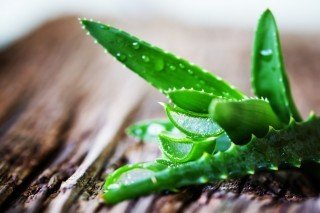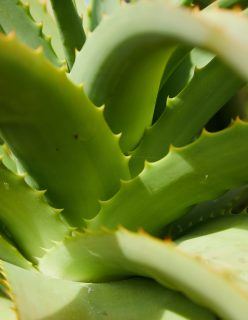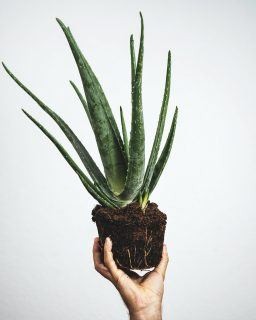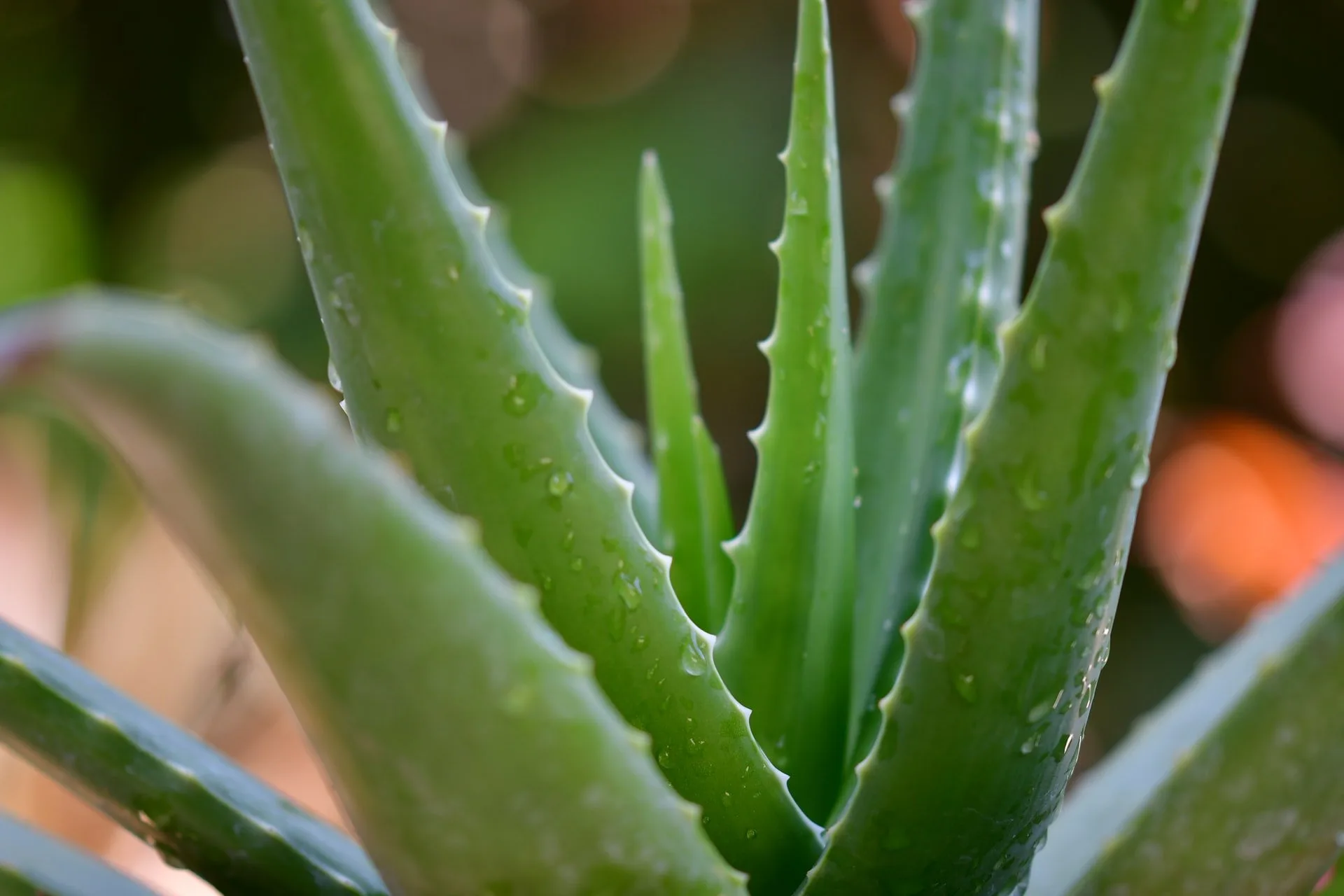It’s often sold as a health drink and claims to be highly hydrating. Aloe water, also known as aloe juice, is a fan favorite amongst health fanatics. It’s also a staple at health food stores and cafés. But what is it and how good is it really?
I have to admit that, personally, I had been reluctant to try aloe water. However, a friend offered me a taste and I have to say, it was quite pleasant. I don’t think I’ll be replacing my water intake with it anytime soon. That said, I do think that I might try to add it to my diet on a more regular basis. But, this isn’t just something that tastes quite nice and might be good for you. It seems that aloe water might be highly beneficial.
What is aloe water, and how is it made?
It’s also commonly referred to as aloe juice. Whilst there is a huge variety of aloe, aloe water is made using the aloe vera plant. The aloe vera plant is a succulent that grows in tropical climates. It has long been known for its many medicinal properties. The ‘juice’ itself is a thick liquid that comes from the inner flesh of the aloe plant. Historically, this gooey, thick substance was used to treat sunburn. Recently, it has become a mainstream drink and is now hugely popular amongst health fiends.

iravgustin/shutterstock
But how does this gooey gloop become a juice? It’s actually made by grinding and crushing the entire aloe leaf. Once the leaf has been crushed, it is further processed, filtered, and purified until it becomes more liquid. As far as flavor goes, aloe water is difficult to describe. The flavor is slightly sweet, generally quite mild, and is also great to use in smoothies.
What are its health benefits?
Hydration and liver function
This is one of the most prevalent and perhaps best-known benefits associated with aloe water. The reason that it’s so hydrating is down to the fact that the plant itself is incredibly water-dense. So, drinking some aloe water could help to prevent or treat non-severe dehydration. But why is it so important for the body to remain hydrated anyway? When the body is adequately hydrated, it is more able to detox.

mimagephotography/shutterstock
Aloe water also aids in this process due to its nutrient density, which aids in optimizing the hydration and detoxing process. The detoxing process is also hugely beneficial for the liver. The liver functions best when it is well-nourished and hydrated. Drinking aloe water is a natural way to boost liver function as it’s incredibly hydrating and rich in phytonutrients required by the liver.
Constipation
This one might be more unexpected. Aloe vera water is also a natural laxative. It helps to increase the water content in your intestines. The outer part of the plant contains compounds called anthraquinones which have a laxative effect. It can also stabilize the good bacteria in the gut and keep your healthy intestinal flora balanced”.
If you do decide to use aloe water, it’s recommended that you start small and work your way up. Medical News Today recommends starting off with a single 8oz cup of water. It is worth noting that aloe vera has not been officially approved by the FDA for this usage,. This is despite the fact that researchers are aware of aloe vera’s laxative effect. If you do continuously struggle with constipation, it’s ideal that you seek help from your doctor.
It’s full of vitamin C
According to Medical News Today, 8 oz of fortified aloe vera juice contains 9.1 grams of vitamin C. Most of us, when we think of vitamin C, automatically think of it as an immune booster. However, it actually does have other beneficial properties.

Photo by Laker from Pexels
Vitamin C is vital for overall health, is a natural antioxidant, and is even associated with reducing the risk of cardiovascular disease. Getting enough vitamin C is vital if you eat a plant-based diet. This is because it “enhances the body’s ability to absorb iron from plant-based foods”.
Packed with nutrients
Aloe water could also be hugely beneficial with regards to nutrients and preventing your body from becoming deficient. It’s packed with nutrients; rich in vitamins B, C, E, and folic acid.
According to Healthline, other nutrients found in aloe water include:
It is also one of the few plant-based sources of vitamin B-12, which is vital for vegetarians and vegans. They cannot get it from animal products and are often deficient.
Are there any dangers?
There are two distinct types of aloe water; colored and de-colorized. De-colorized whole leaf aloe vera has been purified and contains low levels of anthraquinone. This is considered safe for consumption. On the other hand, nondecolorised, unpurified aloe vera juice can have some very nasty side effects and is to be avoided at all costs. Some associated side effects include diarrhea and severe cramping. This can ultimately lead to dehydration and electrolyte imbalances.

Photo by Severin Candrian on Unsplash
These side effects are due to the much higher levels of anthraquinone which has a laxative effect. However, in small doses, it is safe and can help to regulate the digestive system.
Ideally, the label should include: purified, de-colourized, organic, and safety tested.
There are complications when it comes to aloe vera water and certain medications. If you are looking to include it in your diet, it’s best to check with your doctor first. This is because it can interact negatively with your medication.
Another important thing to consider when buying aloe water is whether there is any added sugar. Pure aloe water contains almost no calories and no sugar. Also, look out for any additives you want the water to be as close to its natural state as possible.
References
https://www.healthline.com/health/food-nutrition/aloe-vera-juice-benefits
https://www.webmd.com/diet/health-benefits-aloe-vera-juice#1
https://www.medicalnewstoday.com/articles/benefits-of-aloe-vera-juice#reducing-gum-inflammation





![women [longevity live]](https://longevitylive.com/wp-content/uploads/2020/01/photo-of-women-walking-down-the-street-1116984-100x100.jpg)










